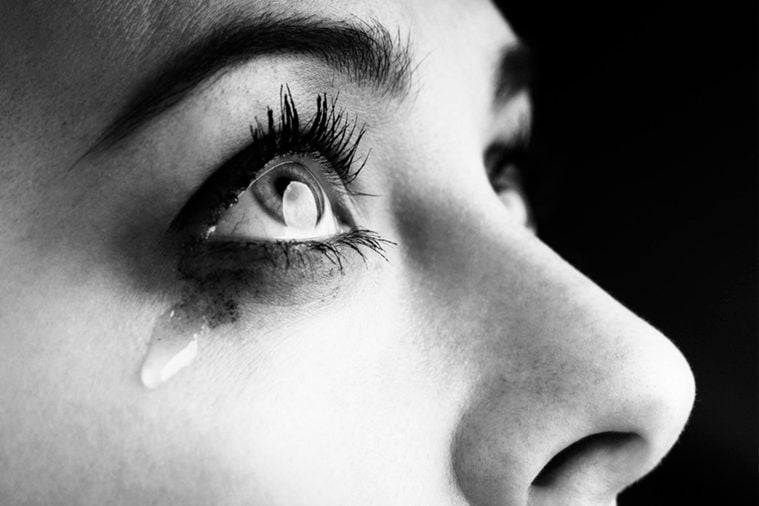Science Has Figured out Why Some Women Get Depressed at Menopause and Others Don’t
Updated: Jul. 29, 2017
If you find yourself feeling blue during menopause, there may be a really good reason why.

Hormones can trigger a roller coaster of emotions in women. From the severe mood swings of premenstrual dysphoric disorder (PMDD) to an PMS-driven increase in anxiety, hormones can wreak havoc on a woman’s emotional stability. Thanks to the latest research provided in a study, we’re now a little closer to understanding why certain women seem to experience depression at the onset of menopause and post-menopause while others seemingly skate through without trouble.
A new study published in Menopause, the journal of The North American Menopause Society (NAMS), reveals that women with a longer lifetime exposure to a certain type of estrogen have a much lower risk of depression at menopause, reports Science Daily. Researchers tracked estrogen levels in more than 1,300 regularly menstruating premenopausal women. In particular, they focused on estradiol, a form of estrogen involved with the production and availability of serotonin, which is a key neurotransmitter in depression. Women who started menstruating earlier in life—thus increasing their exposure to estradiol—or who were on birth control for long periods had much lower risk of depression.
While the study is a positive step forward in understanding the effects of hormones and depression, JoAnn Pinkerton, MD, executive director of NAMS, told Science Daily that early prevention and recognition of depression is the key to managing symptoms. Make sure you can spot the early symptoms of menopause.
“This study additionally found a higher risk for depression in those with earlier menopause, fewer menstrual cycles over lifespan, or more frequent hot flashes,” says Dr. Pinkerton. “Women and their providers need to recognize symptoms of depression such as mood changes, loss of pleasure, changes in weight or sleep, fatigue, feeling worthless, being unable to make decisions, or feeling persistently sad and take appropriate action.”
